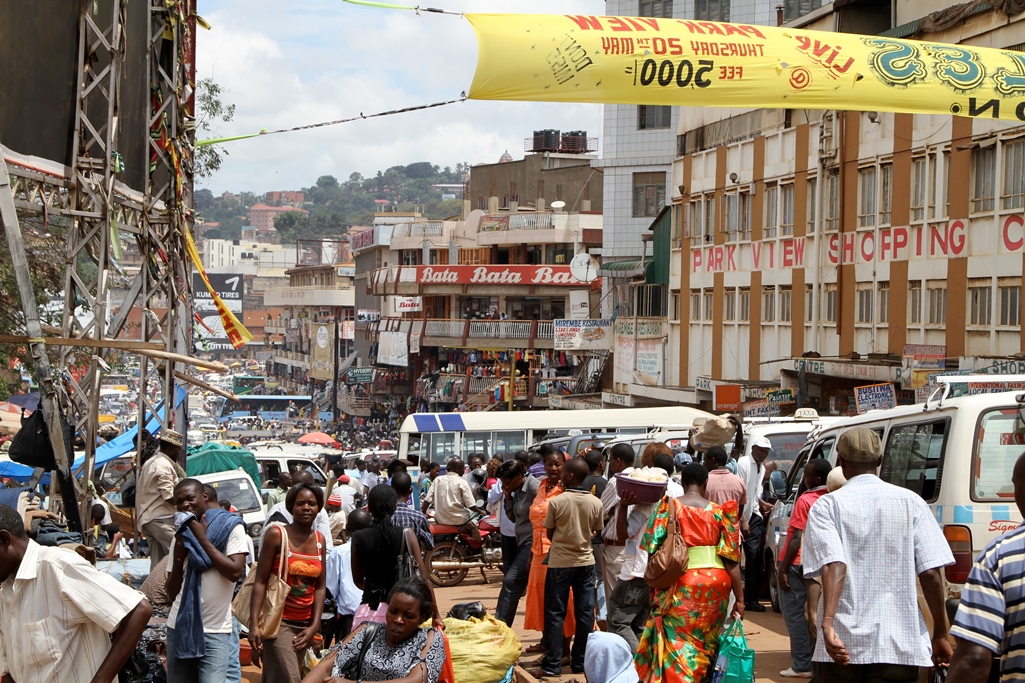The latest World Bank economic analysis for Uganda projects the economy to contract by up to one per cent in 2020 due to #Covid-19 disruptions to trade activities and production, down from 7.5 per cent growth in 2019.
According to the Uganda Economic Update, Investing in Uganda’s Youth, real Gross Domestic Product (GDP) grew at only 2.9 per cent in fiscal year 2019/20, less than half the 6.8 per cent recorded in fiscal year 2018/19, while real GDP in per capita terms is likely to contract for the first time in a decade by about 4.5 per cent in 2020.
The #Covid-19-related demand shock, together with tax and spending measures to manage the crisis, reduced revenues, increased current spending, and led to a significant widening of the fiscal deficit. The collapse in consumption and investment reduced imports and incomes earned by foreign investors, which narrowed the current account deficit. Meanwhile, higher coffee, maize and gold exports helped offset some of the losses in export revenues caused by the halt in international tourism.
At the household level, incomes have fallen as a result of widespread firm closures, job losses within industry and services, particularly the urban informal sector. Up to three million more people could fall into poverty on top of the 8.7 million already in poverty in 2016, increasing high levels of vulnerability and reversing the poverty gains of the last 15 years. This threatens to reverse the gains Uganda has realized from a gradual structural transformation that shifted labor from rural to urban areas and subsistence agriculture to industrial and service activities and in the process supported the steady reduction in poverty over the past three decades.
The government has responded by deploying strong fiscal and monetary policies to support healthcare and vulnerable households, but social assistance has been limited with fewer than 2 per cent of Ugandans receiving direct cash transfers.
More worryingly, the pandemic may severely hamper human capital development and the country’s chances of benefiting from its growing young and working-age population. In addition to creating jobs for the rapidly growing population, a key challenge facing Uganda’s development agenda is the delivery of basic education and health services for all.
“Uganda has a great opportunity to build back better from the #Covid-19 crisis if investments in human capital and the youth are made a priority. Accelerating quality education and health service delivery quickly will ensure that its young people have access to the basic services they need to make the most of their potential,” said Tony Thompson, Country Manager, World Bank.
Uganda’s population is set to increase in the next 20 years to around 74 million, up from an estimated 46 million today, and more than double to around 104 million by 2060. But human capital development and opportunities for the youth are unequal.
On average, a child born in Uganda today will only be 38 percent as productive when she grows up as she could be if she enjoyed complete education and full health as the World Bank’s Human Capital Index (HCI) suggests.
To this end, the economic update makes several policy recommendations to enhance investments in the health and education sectors, including strengthening health promotion and disease prevention through multi-sectoral collaboration, and diversifying low-cost service delivery platforms through investments in remote learning, including distance education and online learning at the secondary level.








